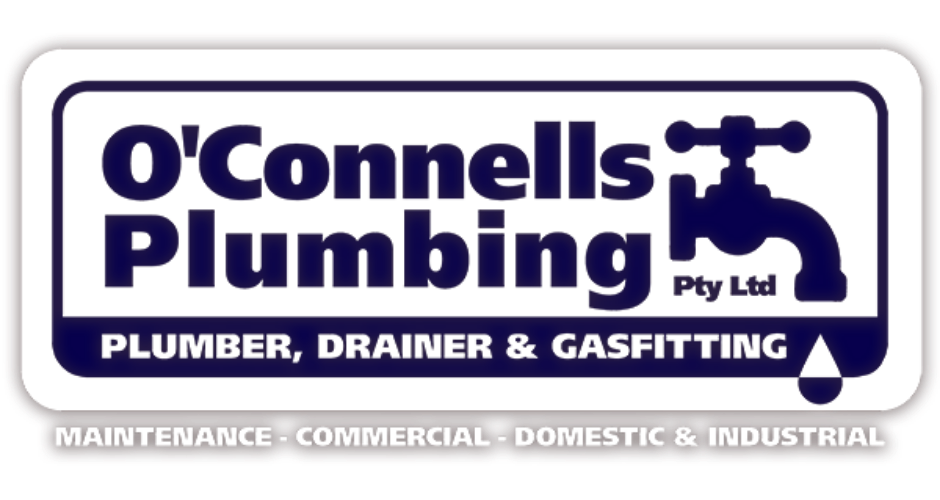Educational Tip
What should I look for plumbing wise when I buy a house?
Making sure you thoroughly inspect your new home before purchasing is extremely important as it is a big investment. 30% of new homeowners see their dream property turn into a nightmare because they didn’t notice plumbing problems.
Taps – it is natural that they start deteriorating and leaking with age. If taps are leaking the best way to check them is to inspect the breaching piece for cracks. If the breach or body is cracked, then it is a good indication that major work may be required.
Also listen for water hammering which is the sound pipes make when a tap is turned on. Left unfixed water hammering can cause further pipe damage and damage to appliances connected to the water line.
Toilets – to check for problems flush every single one of them and look if the water level rises or drains straight away, if not it means they are blocked or partially blocked, this can turn out to be both messy and expensive.
Hot Water Systems – Most HWS are built to last 10-12 years so check the date of manufacture. When testing out the HWS check for – leaks on any part of the inlet and outlet, noises coming from it, rusty water coming out of taps or fixtures connected to the HWS and any rust forming on any parts of the structure itself. If any of these things are existing, be prepared to be purchasing a new system in the near future.
Drains – it is common for old houses to have old clay pipes and large trees which are a perfect combination for blocked drains. Therefore, it is important to know where the sewerage systems are on your block. After investing so heavily in purchasing a new home, the last thing you want to do is spend even more money you don’t have on drain repairs and extensive plumbing.
Water meter – Looking at your water meter is the best way to tell if you have a leaking pipe somewhere on your property. Do this by turning off each of the water outlets inside your house and then check if the meter is still going. If it is, then there is another leak somewhere underground in the pipework. Report this to the real estate or owner so that they can get this sorted before your purchase.
Leaks – Water leaks can be caused from leaking taps, pipe connections, waste pipes, frayed flexi hoses, flues, chimneys and roofs. Visually inspect around taps, basins, cupboards, walls and in the ceiling cavity for any signs of buckling or bulging paint or panels and streaks of discolouration down the walls. Mould and mildew can also be a sign of hidden wall leaks. Some leaks may be easy to repair but others can be much bigger problems to fix.
Gutters & downpipes – Outdoor plumbing is just as important to check as indoor plumbing. Inspect all the guttering and downpipes on the house, looking for any holes, rust or areas where they aren’t secured. Holes and deterioration in certain areas can be a sign of previously blocked guttering, this may then potentially cause overflow through the eaves and under the roofline of the house.
Roof – evaluate your roof’s overall condition based on its age and the quality and frequency of roof maintenance. As one of the most important parts of your roof’s structure its crucial that your roof is in good condition.
Also check your internal ceilings for sagging, marks and mould.
What is a Plumbcheck?
A Plumbcheck is performed by a qualified plumber and provides you with a written, detailed check of your houses plumbing systems.


